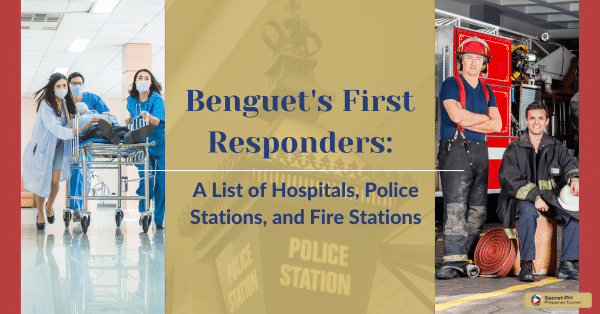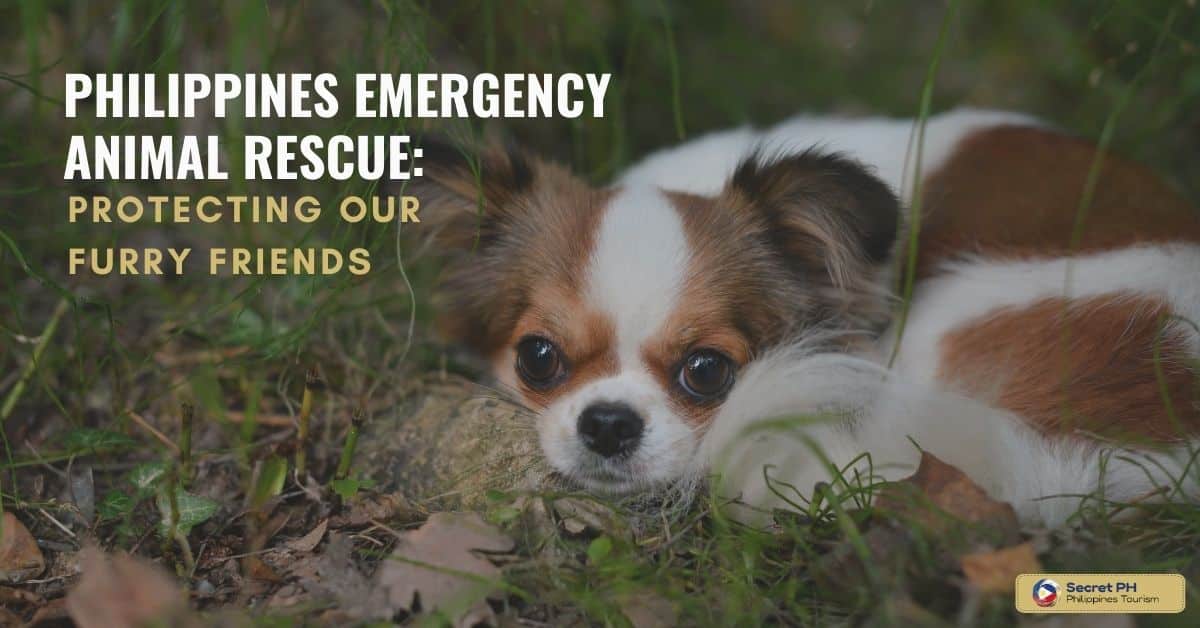Animals play an important role in the life of many Filipinos, and when they are in distress or danger it is essential to know who to call for help.
Knowing who to call during animal emergencies in the Philippines is crucial. The Philippine Animal Welfare Society (PAWS) and the Bureau of Animal Industry (BAI) have hotlines, as do local government units (LGUs). Additionally, animal rescue groups and non-profit organizations are available to provide assistance. It’s important to be prepared and know what to do while waiting for help to arrive.
This article will provide information on the organizations available to offer assistance during animal emergencies in the Philippines. It will outline who to call, how they help, and what to do while waiting for emergency services to arrive. With this information, you can be prepared and ready to act in the event of an animal emergency.
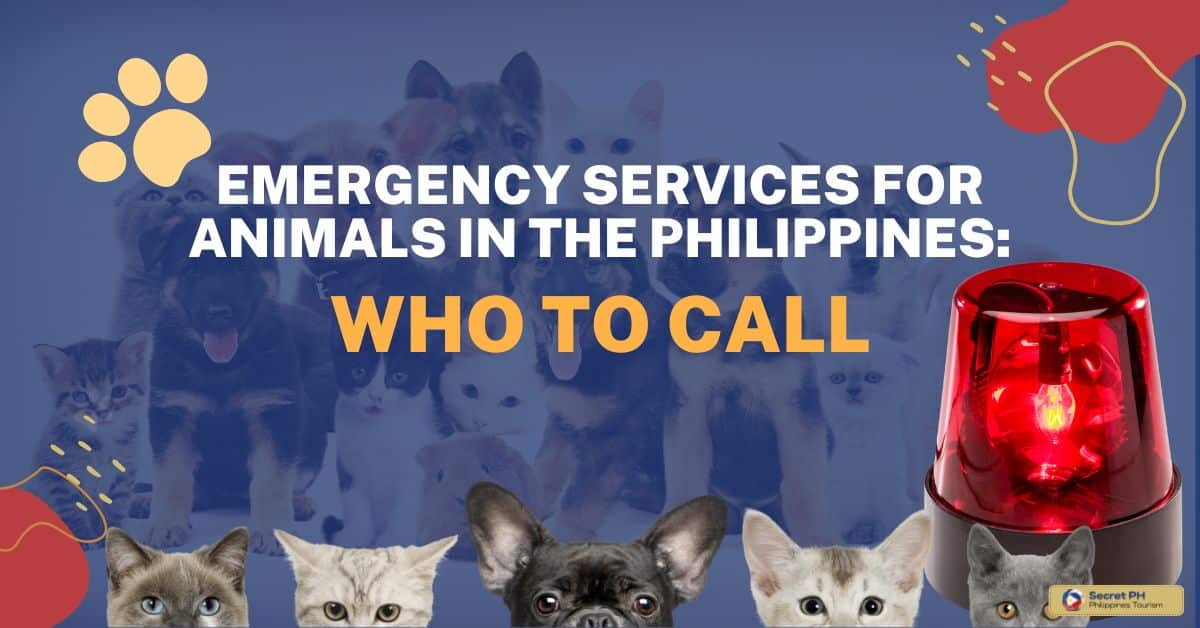
The Importance of Knowing Who to Call for Animal Emergencies
Knowing who to call for animal emergencies is crucial for ensuring the safety and well-being of animals. In emergency situations, time is of the essence, and having access to the right resources can mean the difference between life and death. It’s important to have a plan in place and know who to contact for assistance.
In the Philippines, there are several organizations and agencies that can provide assistance during animal emergencies, including the Philippine Animal Welfare Society (PAWS), the Bureau of Animal Industry (BAI), and local government units (LGUs).
By being familiar with these resources and having their contact information readily available, pet owners and animal caregivers can act quickly and confidently during an emergency. This not only helps to minimize the risk of harm to animals but can also provide peace of mind to those involved in the situation.

Philippine Animal Welfare Society (PAWS) Emergency Hotline
The Philippine Animal Welfare Society (PAWS) is a non-government organization that supports animal welfare in the Philippines. One of their most essential services is their emergency hotline, which provides assistance to animals in crisis. PAWS operates a hotline that caters to injured, abandoned and abused animals. The site provides quick and easy access to veterinary care and shelter for these animals in dire need.
What is the PAWS Emergency Hotline?
The PAWS Emergency Hotline is a service provided by the Philippine Animal Welfare Society (PAWS) to assist with animal emergencies. Operated 24 hours a day and seven days a week, the hotline serves as a lifeline for animals in need.
PAWS’s emergency hotline is staffed with trained volunteers who can identify and address the issues that animals face. They understand the urgency of the situations and prioritize them based on their severity. Once a call is received, the volunteer team collaborates with local animal welfare organizations and veterinarian clinics to respond to the problem.
If you need to contact the PAWS Emergency Hotline, you can reach them at 475-1688. For more information, please visit their website at www.paws.org.ph.
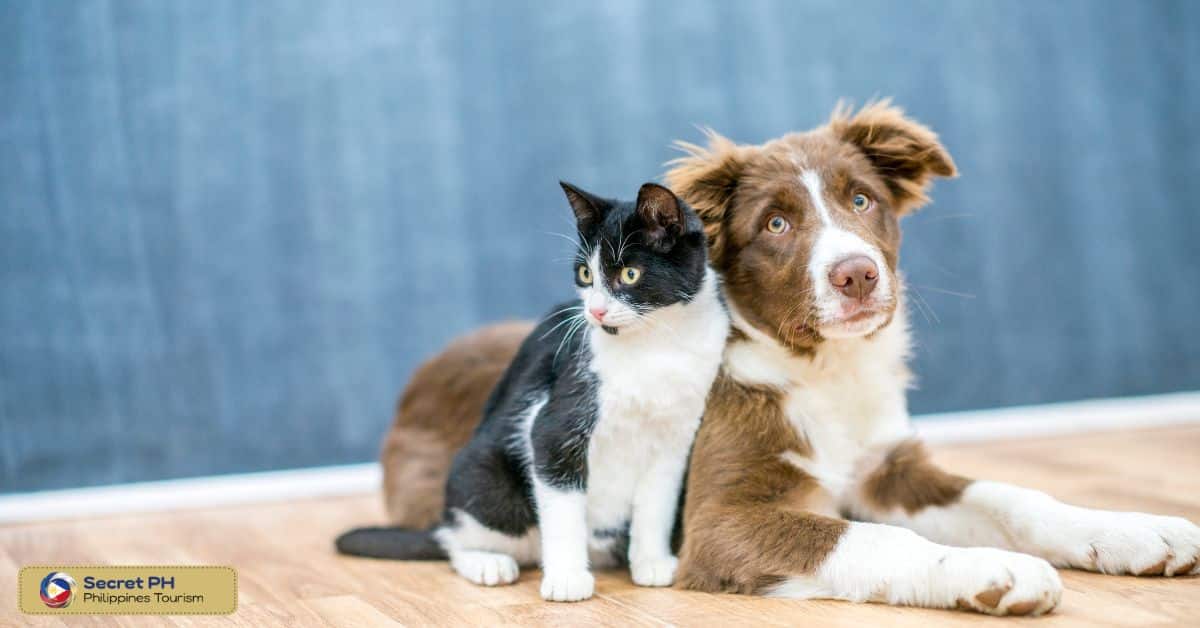
What Services are Provided by the PAWS Emergency Hotline?
The PAWS Emergency Hotline provides critical assistance to animals that have been abandoned, neglected, or mistreated. Without it, these animals might have suffered a heartbreaking fate. The hotline not only provides medical care but also helps to educate the public on how to be responsible pet owners.
Some of the services provided by the PAWS Emergency Hotline include:
Medical Assistance: Providing emergency medical aid for injured animals
Rescue and Transport: Rescuing animals in need of shelter or veterinary care
Education: Educating pet owners on responsible pet ownership
Pet Adoption and Surrender: Inquiries and requests for rehoming animals
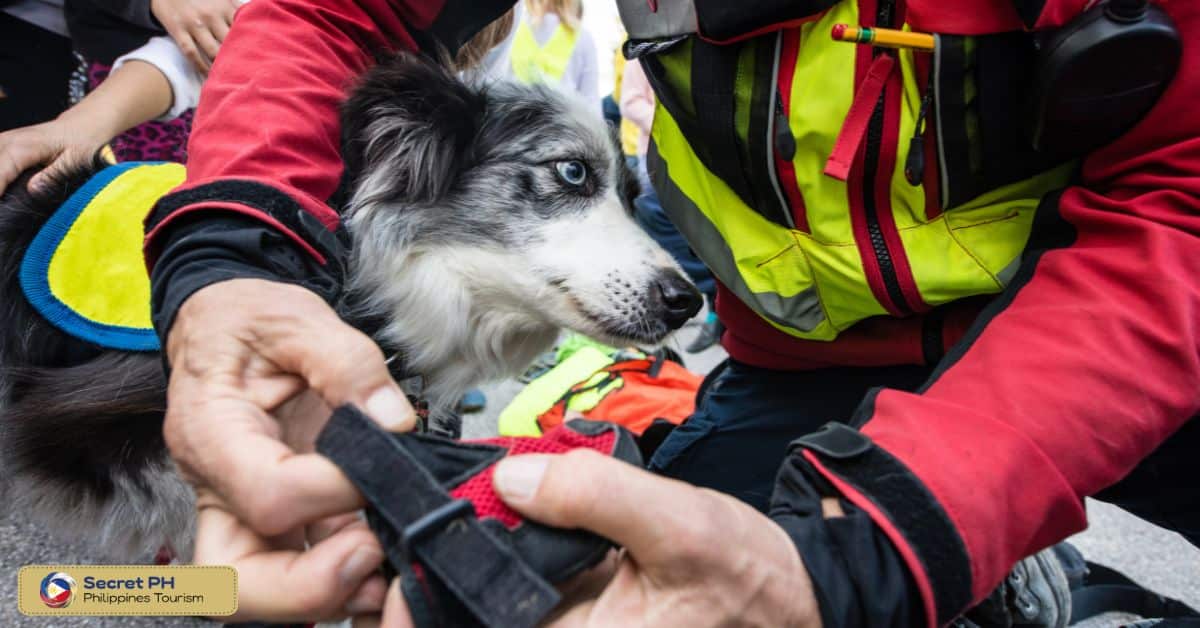
Bureau of Animal Industry (BAI) Hotline for Animal Health Concerns
The Philippine Bureau of Animal Industry (BAI) is a government agency responsible for animal welfare and management in the country. As part of their commitment to the well-being of all animals in the Philippines, BAI has launched a hotline for animal health concerns.
Why is the BAI hotline important?
The BAI hotline is a lifeline for animals across the country. With this hotline, concerned citizens can quickly and easily report any animal health concerns they come across. Whether it’s about stray animals, livestock, or even pets, BAI has made it easy to get in touch.
To use the BAI hotline, simply call (02) 926-1522. You will be connected with a trained animal welfare expert who can help you with your concern. The hotline is available 24/7, so you can call anytime you need assistance.
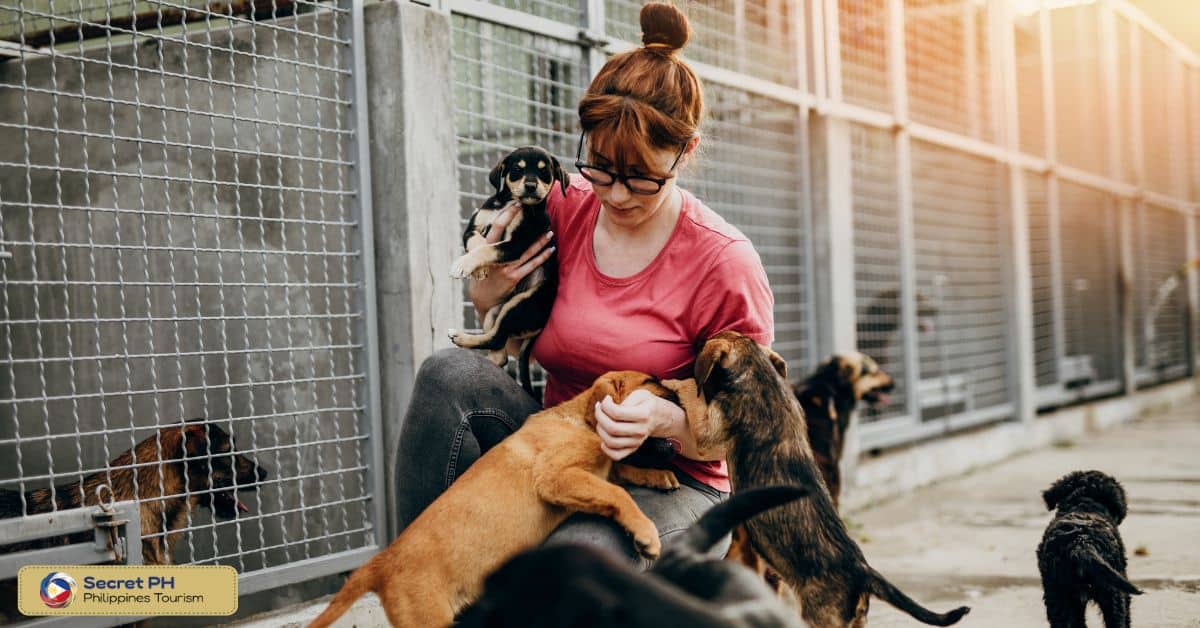
Types of Animal Health Concerns Handled
The BAI hotline can provide assistance with a range of animal health concerns, including but not limited to:
Animal diseases – reporting and monitoring of animal diseases that can affect both domestic and wild animals
Animal health certificates – requests for certificates needed for animal transport, export, and other purposes
Veterinary services – inquiries and requests for veterinary services such as vaccination, deworming, and treatment
Animal import and export – assistance with the requirements for importing and exporting animals
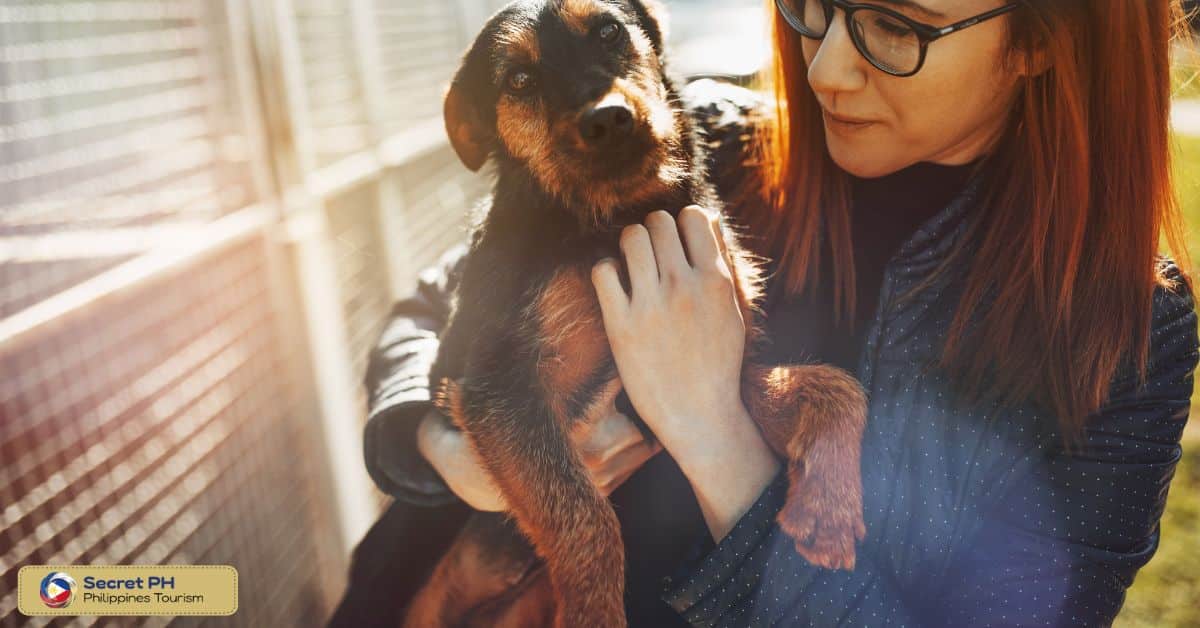
Local Government Unit (LGU) Contacts for Animal Emergencies
As pet owners, we want to make sure that our beloved fur babies are always safe and healthy. However, emergencies do happen, and it’s important that we know who to contact when our pets need immediate medical attention. In the Philippines, local government units (LGUs) have designated offices and hotlines specifically for animal emergencies.
Here’s a list of LGU contacts for animal emergencies sorted by region.
National Capital Region (NCR)
- Makati City Veterinary Services Office: (02) 8706-4741
- Quezon City Veterinary Department: (02) 8703-1276
- Pasig City Veterinary Office: (02) 8642-0345 local 7205
- Caloocan City Veterinary Office: (02) 8283-0141
Central Luzon
- Angeles City Veterinary Office: (045) 322-5539
- San Fernando City Veterinary Office: (045) 961-6891
- Balanga City Veterinary Office: (047) 237-1336
- Tarlac City Veterinary Office: (045) 982-0136
Calabarzon
- Batangas City Veterinary Office: (043) 984-7918
- Santo Tomas Municipal Agriculture Office: (043) 778-0051
- Santa Rosa City Agriculture and Veterinary Office: (049) 8371-1363
- Antipolo City Veterinary Services: (02) 8683-8837
Bicol Region
- Legazpi City Veterinary Office: (052) 820-1254
- Naga City Veterinary Office: (054) 881-2149
- Masbate City Agriculture and Veterinary Services: (056) 333-3704
- Sorsogon City Agriculture Office: (056) 211-7411
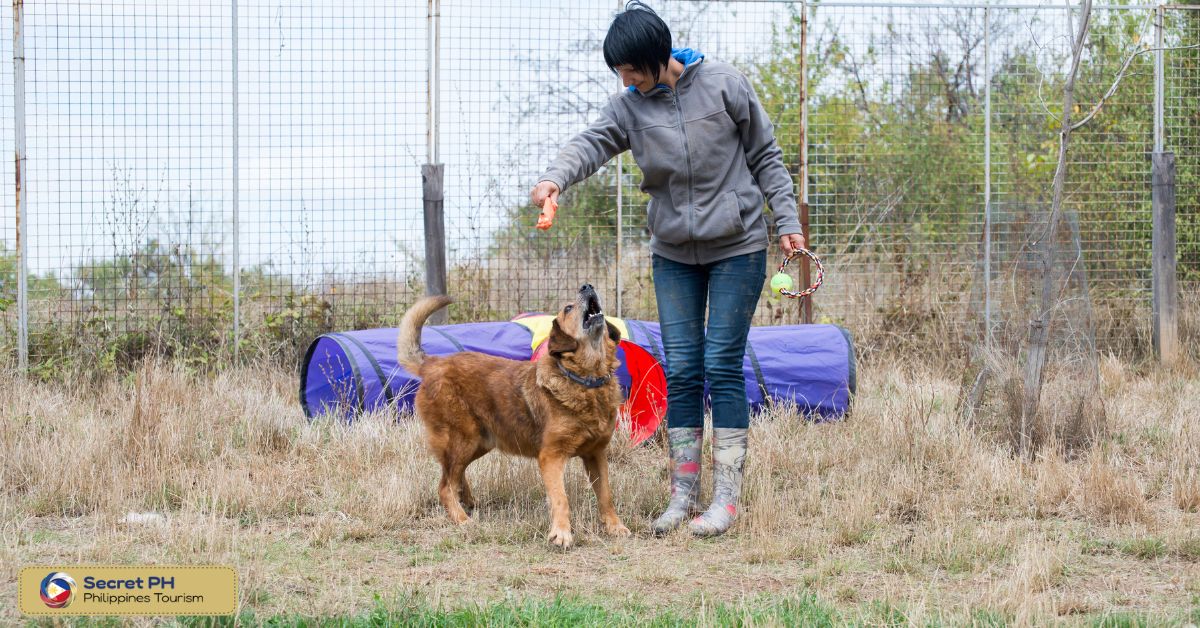
Western Visayas
- Iloilo City Veterinary Office: (033) 337-6556
- Roxas City Veterinary Services Office: (036) 621-0125
- Bacolod City Veterinary Office: (034) 704-2071
- Capiz Provincial Veterinary Office: (036) 620-0332
Eastern Visayas
- Tacloban City Veterinary Services: (053) 321-4268
- Ormoc City Veterinary Office: (053) 255-2795
- Baybay City Agriculture and Veterinary Services: (053) 563-7488
- Biliran Province Agriculture Office: (053) 500-9028
Northern Mindanao
- Cagayan de Oro City Veterinary Office: (088) 857-3764
- Gingoog City Veterinary Office: (088) 861-3969
- Bukidnon Province Veterinary Office: (088) 221-2231
- Iligan City Agriculture Office: (063) 221-1232
Davao Region
- Davao City Veterinary Office: (082) 235-337
- Tagum City Veterinary Office: (084) 655-5831
- Panabo City Agriculture and Veterinary Services: (084) 822-1252
- Davao del Norte Provincial Agriculture Office: (084) 370-2217
Caraga
- Butuan City Veterinary Services: (085) 815-3495
- Surigao City Veterinary Office: (086) 826-0112
- Agusan del Sur Provincial Veterinary Office: (085) 225-5860
- Dinagat Islands Provincial Veterinary Office: (086) 212-4100
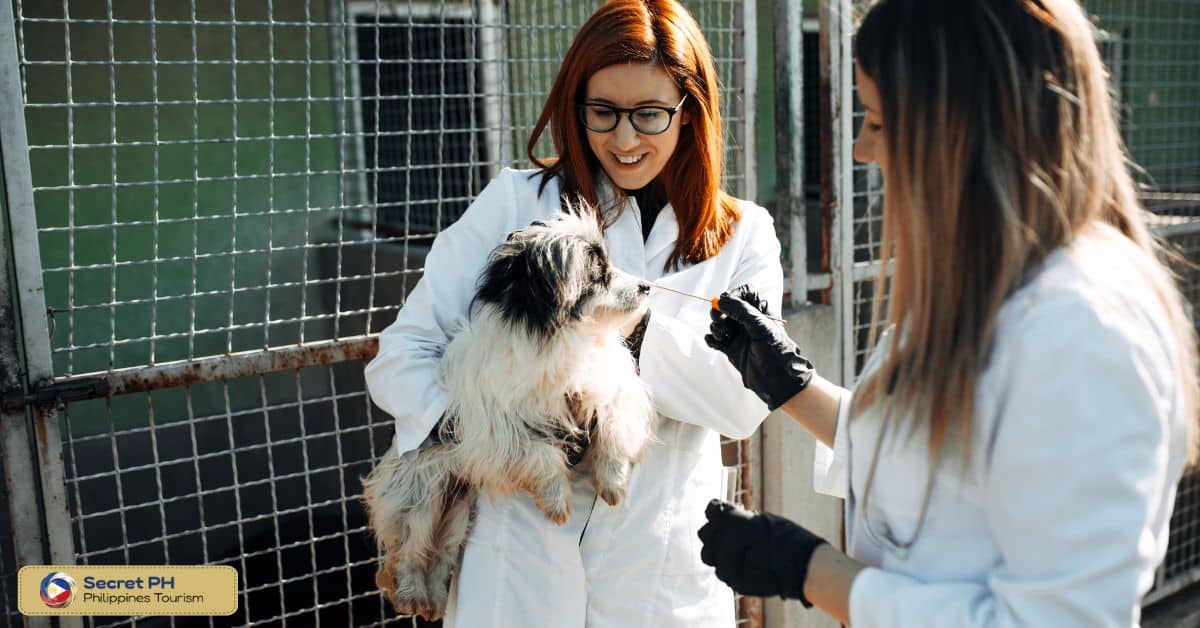
Other Animal Rescue Groups and Non-Profit Organizations
Philippine Animal Rescue groups and Non-profit organizations are becoming more and more prominent in the country, as there has been an increased awareness and concern for the welfare of animals. These groups provide vital support and resources for abandoned or abused animals, as well as promote animal rights and responsible pet ownership.
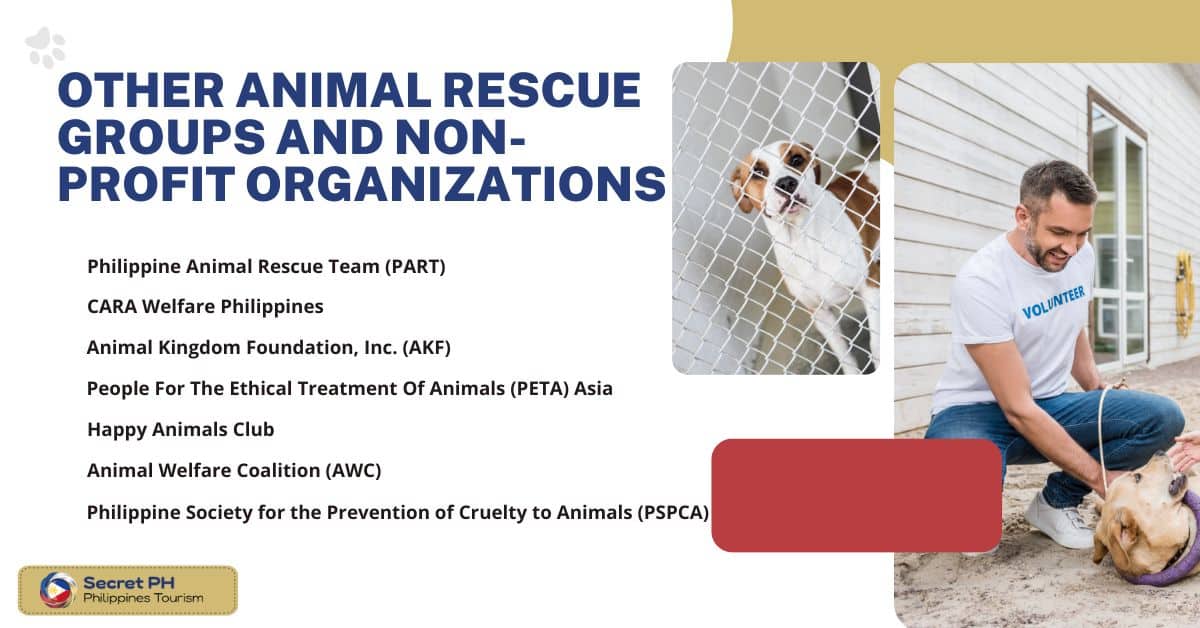
Philippine Animal Rescue Team (PART)
The Philippine Animal Rescue Team (PART) is a non-profit animal rescue organization dedicated to providing aid and rescue for animals in distress. Established in 2011, PART works with volunteers and other organizations to provide assistance for abandoned, neglected, sick or injured animals. They aim to offer humane solutions for stray animal populations and promote responsible pet ownership.
PART operates several animal welfare programs, including rescue and rehabilitation of animals, spay-neuter campaigns, emergency response for injured or sick animals, and educational outreach. They also work with local government units to provide services such as pet adoption and surrender, rabies vaccination clinics, microchipping of pets, and cruelty investigations. In addition to its own programs, PART also provides support for other animal rescue organizations in the Philippines.
For more information, click here:
CARA Welfare Philippines
CARA Welfare Philippines is a non-profit organization dedicated to promoting animal welfare in the Philippines. Founded in 2014, CARA works to improve the lives of animals by providing medical care and rehabilitation services, spay/neuter campaigns, adoption programs, educational outreach and community engagement initiatives.
CARA also advocates for animal rights through its legal division, which works to raise awareness and lobby for laws that protect all animals. CARA also runs an animal shelter in Quezon City where they rescue, rehabilitate and rehome cats and dogs.
They strive to create a culture of compassion and respect towards animals through their various programs and initiatives. CARA is funded by donations from individuals as well as corporate sponsorships. To learn more, visit their website at www.caraphil.org or follow them on social media.
For more information, click here:
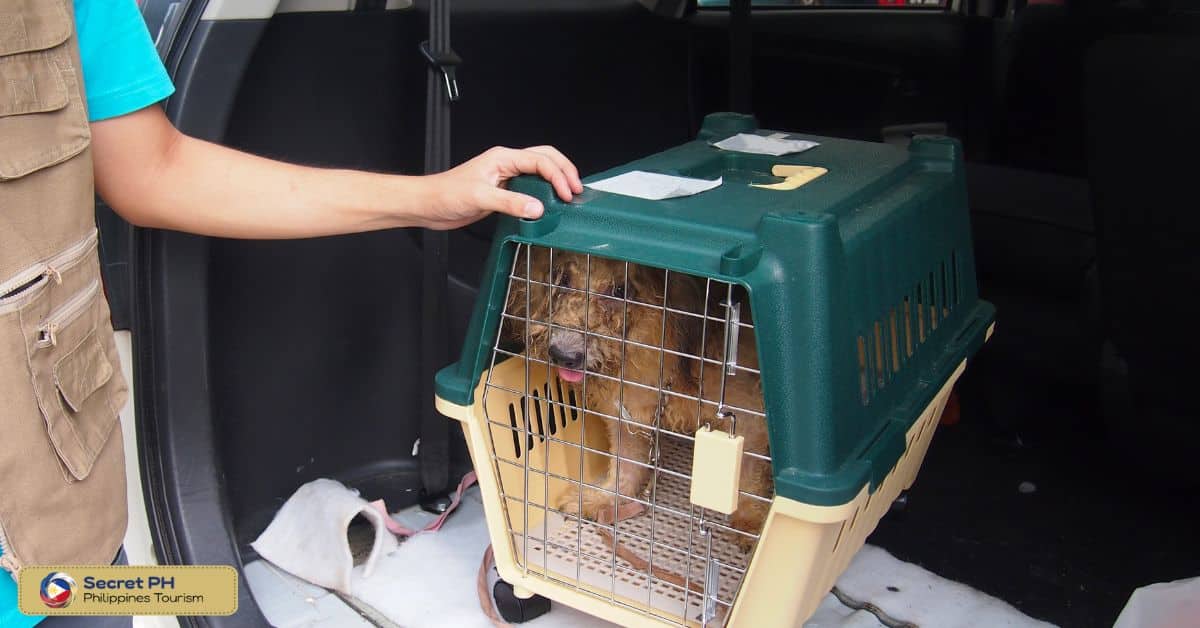
Animal Kingdom Foundation, Inc. (AKF)
The Animal Kingdom Foundation, Inc. (AKF) is a non-profit organization dedicated to providing quality veterinary care and animal welfare services in the Philippines. Founded in 1992, AKF has been on the forefront of animal rescue and rehabilitation in the country. Their mission is to improve the lives of animals by promoting their humane treatment through education, rescue and rehabilitation services.
AKF also provides medical care, spay/neuter services, and adoption programs for cats and dogs. They focus on low-cost or free veterinary services to ensure that all animals have access to necessary treatment regardless of their owner’s financial status. In addition to providing direct support for animals in need, AKF also works to build a culture of compassion and respect towards animals through their various educational programs.
For more information, click here:
People For The Ethical Treatment Of Animals (PETA) Asia
People for the Ethical Treatment of Animals (PETA) Asia is a non-profit organization that works to protect and promote the ethical treatment of animals. Founded in 1980, PETA Asia has become one of the largest animal rights organizations in the world. From their headquarters in Hong Kong, they work with local groups and individuals to advocate for animal rights and humane treatment.
PETA Asia campaigns for the protection of animals from abuse in all forms, including factory farming, circus cruelty, trophy hunting and laboratory testing. They also strive to promote compassion towards animals through their educational campaigns and videos. In addition to advocating for animal rights, PETA Asia also works with local organizations to rescue and rehabilitate animals in need.
For more information, click here.
Happy Animals Club
Happy Animals Club is a non-profit animal welfare organization based in Davao City. Founded in 2013, their mission is to reduce the suffering of animals by promoting kindness and compassion towards all creatures. They work to promote responsible pet ownership as well as animal rescue and rehabilitation services.
The Happy Animals Club runs several programs that focus on education, rescue, and rehabilitation. They provide community outreach programs that focus on raising awareness about animal welfare and responsible pet ownership.
They also work with local partner organizations to run spay/neuter campaigns and educational seminars for both teachers and students. In addition to these programs, the Happy Animals Club runs a sanctuary for rescued animals in Cebu that provides lifelong care for abandoned, neglected, and injured animals.
For more information, click here.
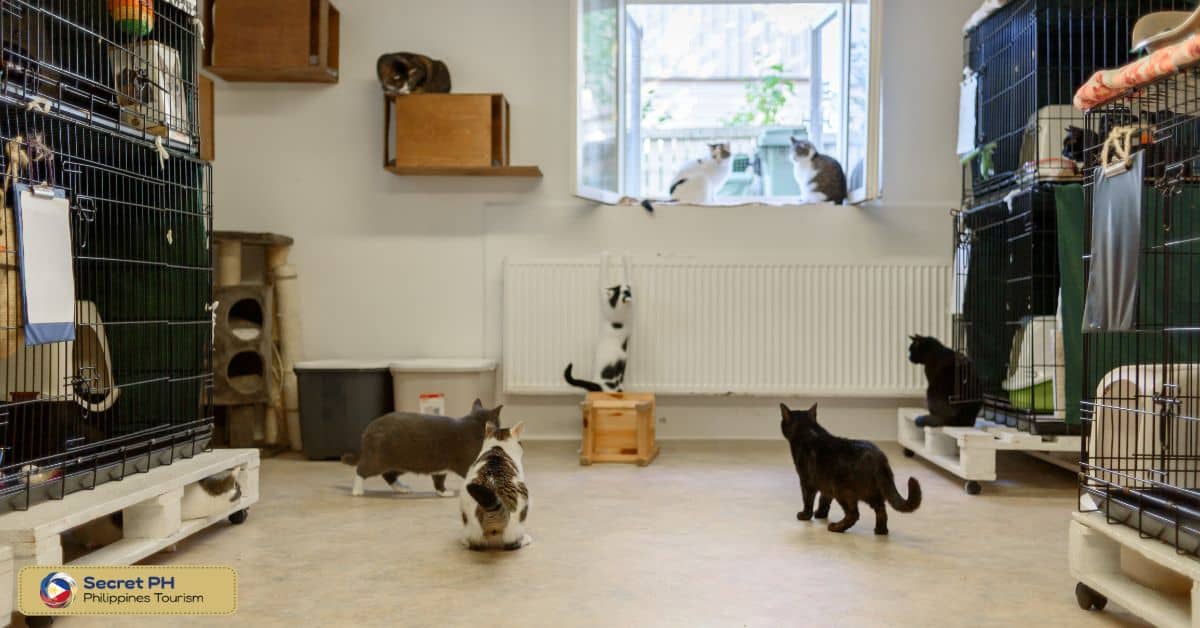
Animal Welfare Coalition (AWC)
The Animal Welfare Coalition (AWC) is a non-profit organization dedicated to protecting and promoting the welfare of animals in the Philippines. Founded in 2016, AWC works with individuals and organizations to advocate for animal rights, provide medical care and rescue services, and promote responsible pet ownership.
The AWC operates several programs across the country, including spay/neuter campaigns, educational seminars and workshops, animal rescue operations, and rehabilitation services. They also work with local government units to provide medical care for stray animals as well as monitor animal cruelty cases. In addition to its own programs, AWC also provides support and resources for other animal welfare organizations in the Philippines.
For more information, click here.
Philippine Society for the Prevention of Cruelty to Animals (PSPCA)
The Philippine Society for the Prevention of Cruelty to Animals (PSPCA) is a non-profit organization dedicated to protecting and promoting the welfare of animals in the Philippines. Founded in 1909, PSPCA has been at the forefront of animal welfare advocacy for over a century. They strive to reduce animal suffering by providing direct support and resources for abandoned and abused animals, as well as promoting responsible pet ownership.
PSPCA operates several programs to support animal welfare in the country, including spay/neuter campaigns, educational outreach, rescue operations, and rehabilitation services. They also work with local government units to monitor cases of animal cruelty and provide medical care for stray animals. PSPCA also lobbies for animal rights and welfare through its legal division, which works to raise awareness and advocate for laws that protect all animals. For more information, visit their
For more information, click here.
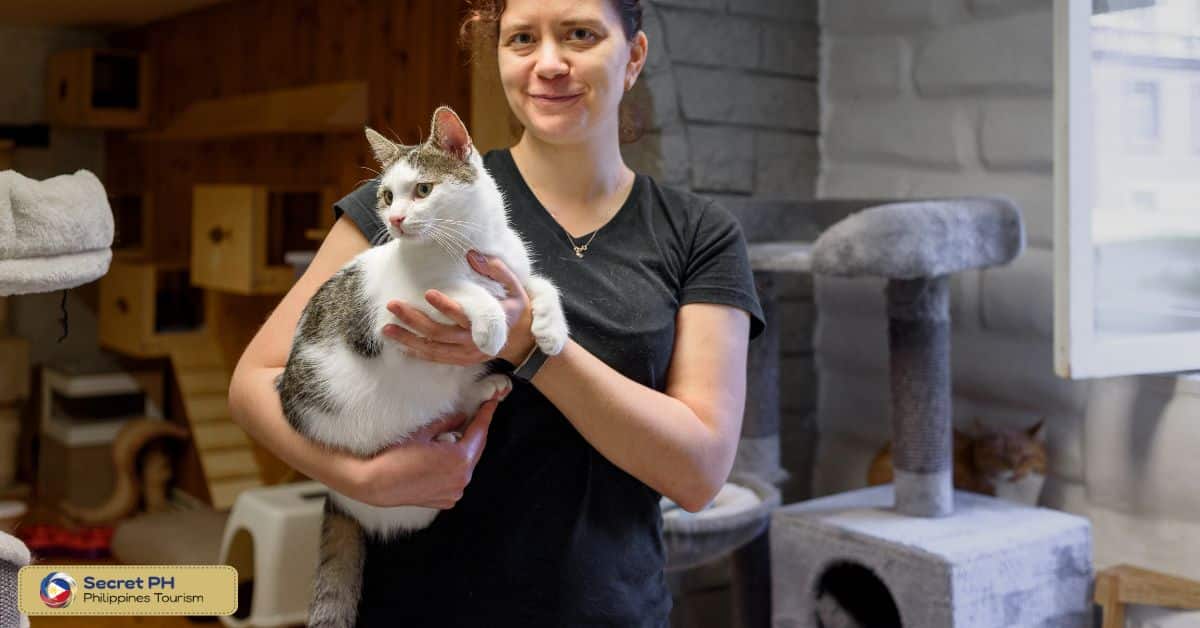
What to Do While Waiting for Emergency Services to Arrive
Emergencies can happen anytime and it is important to be prepared in case of an emergency involving your animal. In the Philippines, emergency services for animals are available, but it may take some time for them to arrive. During these crucial moments, it is essential to know what to do while waiting for emergency services.
Here are some tips to help you stay calm and take important actions while waiting for help.
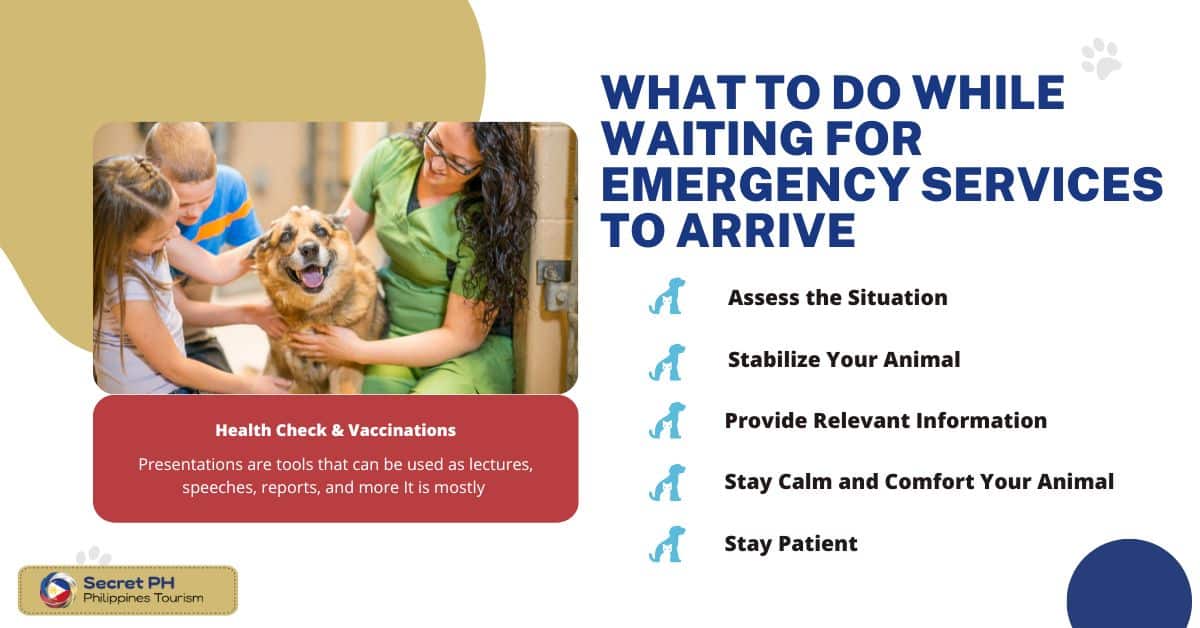
1. Assess the Situation– The first step is to assess the situation and determine if your animal needs immediate medical attention. Identify any wounds, broken bones, or other injuries and determine if they require urgent care.
2. Stabilize Your Animal– If your animal is injured, it is important to stabilize them to prevent any further harm. Keep them calm and quiet, and try to prevent them from moving around too much. You can use a blanket or towel to support their body or any injured limbs. If your animal is bleeding, apply pressure to the wound with a clean cloth or bandage until emergency services arrive.
3. Provide Relevant Information– When calling emergency services, provide relevant information such as the type of animal, the location, and the nature of the emergency. Be as detailed as possible to ensure prompt and effective assistance.
4. Stay Calm and Comfort Your Animal– It is essential to stay calm and composed during an emergency involving your animal. Your pet can sense your emotions, and a calm demeanor can help prevent them from becoming agitated or further injured. Comfort your animal as best as you can and provide them with water if possible.
5. Stay Patient– Emergency services for animals in the Philippines may take some time to arrive, especially in remote areas. It is important to remain patient and wait for help to arrive. Use this time to continue providing care and comfort for your animal.
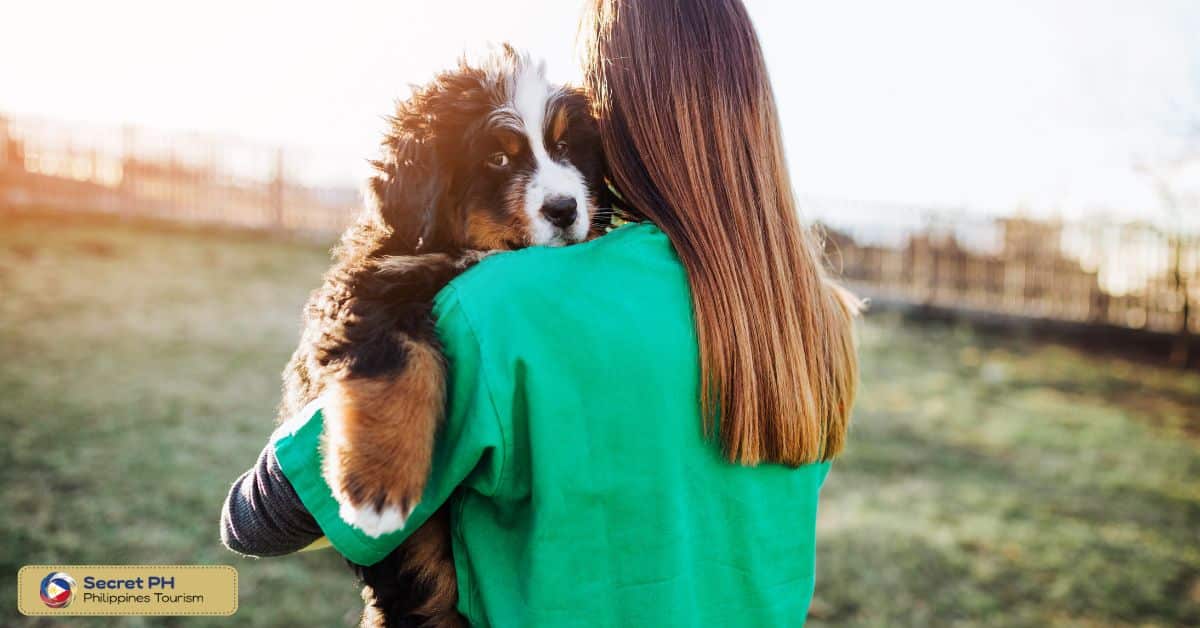
In conclusion
Emergency services for animals are available in the Philippines, but it may take some time for them to arrive. During these crucial moments, it is important to know what to do while waiting for help.
Assessing the situation, stabilizing your animal, providing relevant information, and staying calm and composed are all critical steps that must be taken in order to ensure your animal receives the necessary medical attention and care.
As such, it is important to be prepared for emergencies involving your animals and to research all available resources. By doing so, you can help ensure that your pet receives the best possible care in any emergency situation.



